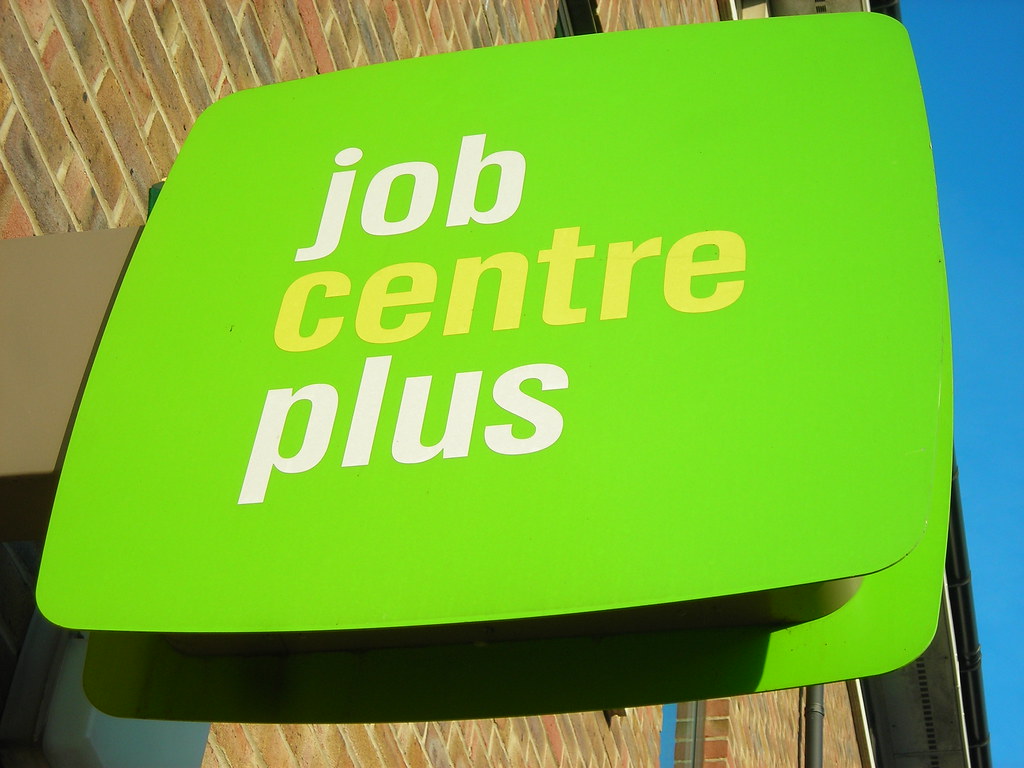In 1957, the then Conservative prime minister Harold Macmillan said that Britons ‘had never had it so good’. Fifty years on, some Britons have never had it so bad!
Our fragile return to national economic growth is welcome, but it’s economically, geographically and socially skewed, with little thought of climate change and the environment
Low wages and a rise of zero hours contracts, means that a job is no longer a guarantee to a better future. Some Britons are haves, but a growing many are have-nots. Poverty is on the rise, food banks are filling the gaps in a declining welfare safety net. Inequality knows no compass points: even London has over 600,000 children living in poverty.
Six years on from the global financial crisis, policy effort is often limited, short-term and reactive, trying get back to what we had, instead of building an even better tomorrow.
2015 will bring an election and more cuts. However, there is hope. There are many existing local works, which we should be accelerating, but we need to get the conditions right. Here are five things I’d like to see in 2015:
1. A flourishing of public service innovation and a slow-down of cuts: We must take great encouragement from the increase in innovation, across local public services. However, the cuts to local government have been too deep, too speedy and too unfair. The scale of the cuts means that vital expertise, networks and services which have been built up over many years are now eroding away, especially in poorer areas. To accelerate innovation and new ways of working requires commitment in resource. Therefore, we must increase the amount which poorer areas receive. We need this, because any long term transformation of public services, is being hampered by a lack of any experimental wriggle room.
2. We can reset local economic plans, but local economic development needs to get collaborative: Mainstream local economic development follows in the wake of Treasury-inspired thinking, placing economic growth above all other considerations. Social progress is seen as a mere outcome of economic growth, not an input to its success. However, the true aim of local economic development is about policies which support local economies, business growth and private gain, but simultaneously strengthen local economic infrastructure, building enduring social and civic institutions for the future and helping create a decent standard of living for all. Economic growth can go hand in hand with social growth. They are not mutually exclusive. Economic development also needs to become more coordinated, more embedded in ‘whole place’ principles.
3. Supply chains and the role of anchors offer promise: Inward investment is needed, but let’s not just boomgoggle our way to this often chimeric basis to economic success. Additionally we must focus on the local economy as its stands. We must use local supply chains and purchasing power to benefit local businesses, the local economy, and jobs. See CLES work on procurement and supply chain, with Manchester Council and our ground-breaking work on anchors and community wealth-building in Preston.
4. We should look to a high tech economy, but let’s not forget the more prosaic elements to our local economies: A high-tech economy is the future for some areas. However, for many disadvantaged place, we should be paying far more attention to foundational elements of the economy. This includes public economy of health, education, alongside utilities, retail banking, supermarkets and associated business. A focus on them, as employers, could create a local jobs and social dividend. This is the basis to the deep study in Tredegar in south Wales and the Enfield experiment.
5. Devolution offers hope, but we need a comprehensive settlement between national and local government: Some are buoyed by the promise of devolution to cities and local government, but, it’s quite meagre fare to date and any decentralised resource may well be wiped out by future public services cuts. Fiscal devolution for cities remains a hope. Local government should be recognised and protected constitutionally. Whitehall’s tendency to change the goalposts must end and central and local government must work as co-directors of the nation. All local government should receive a set of devolved powers, with some agreed and consistent variation between city combined authorities, counties etc. An agreed set of local tax raising powers need to be laid out and calibrated for more local control, but enshrined in principles of national fairness.
Every New Year offers hope. Right now, its bad for too many. Lets hope 2015 is the turning point. All Britons not just a few, need to have it good gain.

















Good thoughts, thank you. In my state & city (San Antonio, Texas), policies have long supported the local economy, economic growth, & private gains, but they have not cascaded throughout the community where needs are greatest. We continue to see a two-tier society, structural inequality, generational in nature. Why not leverage the enormous amounts of public funds with the private sector to organize a protocol of training, interning, hiring, promoting, & supporting a market economy infrastructure within those tracts which define a community as a poor, low-income area? There are many techniques to support this idea.
The premise must be that structural poverty is no longer acceptable & must be tackled more seriously.
Reward those initiatives & ideas which produce positive, socioeconomic outcomes. Benchmark from a baseline; develop metrics which measure positive outputs, change course on unpromising strategies, award best practices, create a worthy methodology which demonstrate best practices. Do not confuse or conflate “economic development” with “business development”; one is a public sector term with its own “for the common good” agenda while the other is strictly private sector oriented, seeking profits, efficiencies, market value, & investment opportunities. The two can partner to create win-win scenarios, using public resources on a competitive basis.
Ideally, this is the way I would go. Happy 2015 . . .